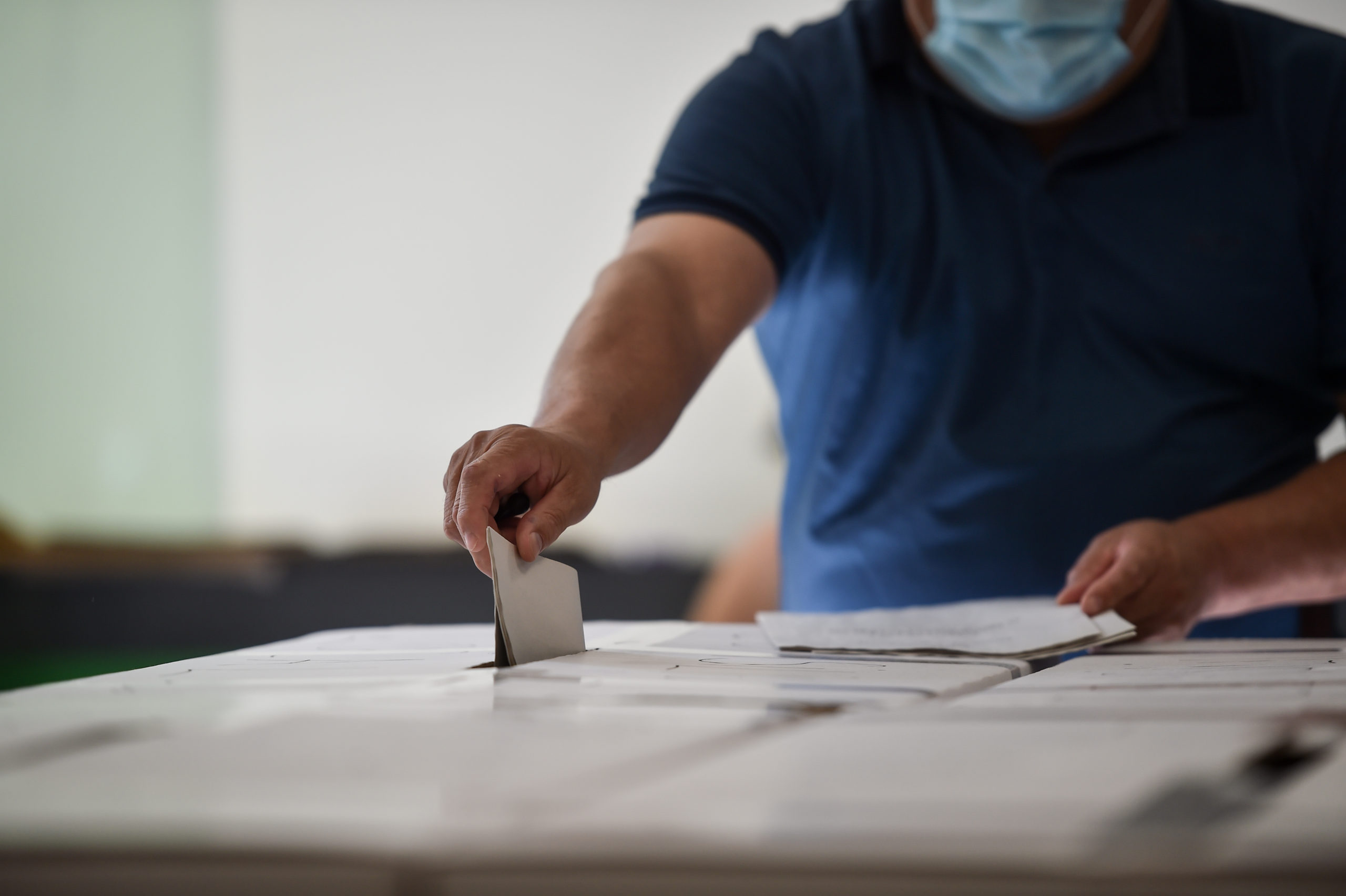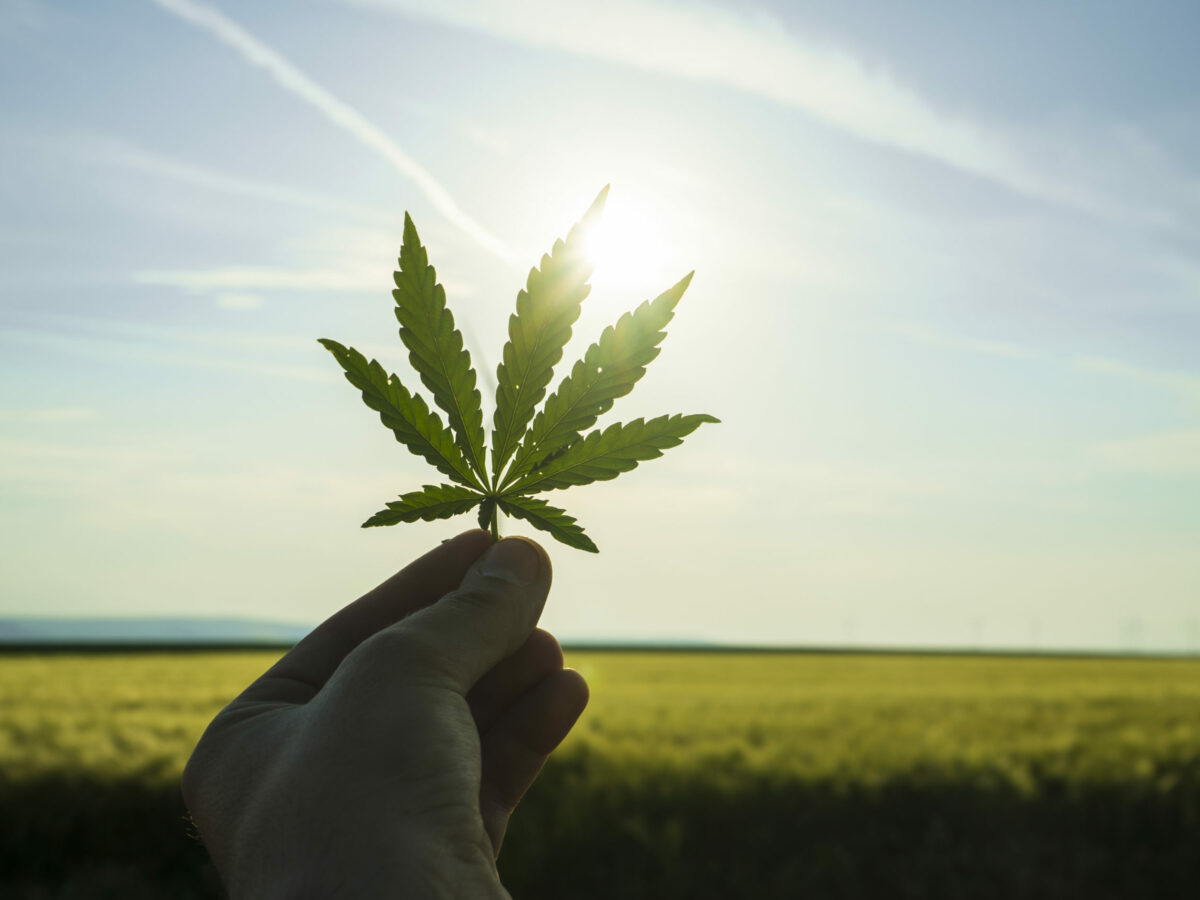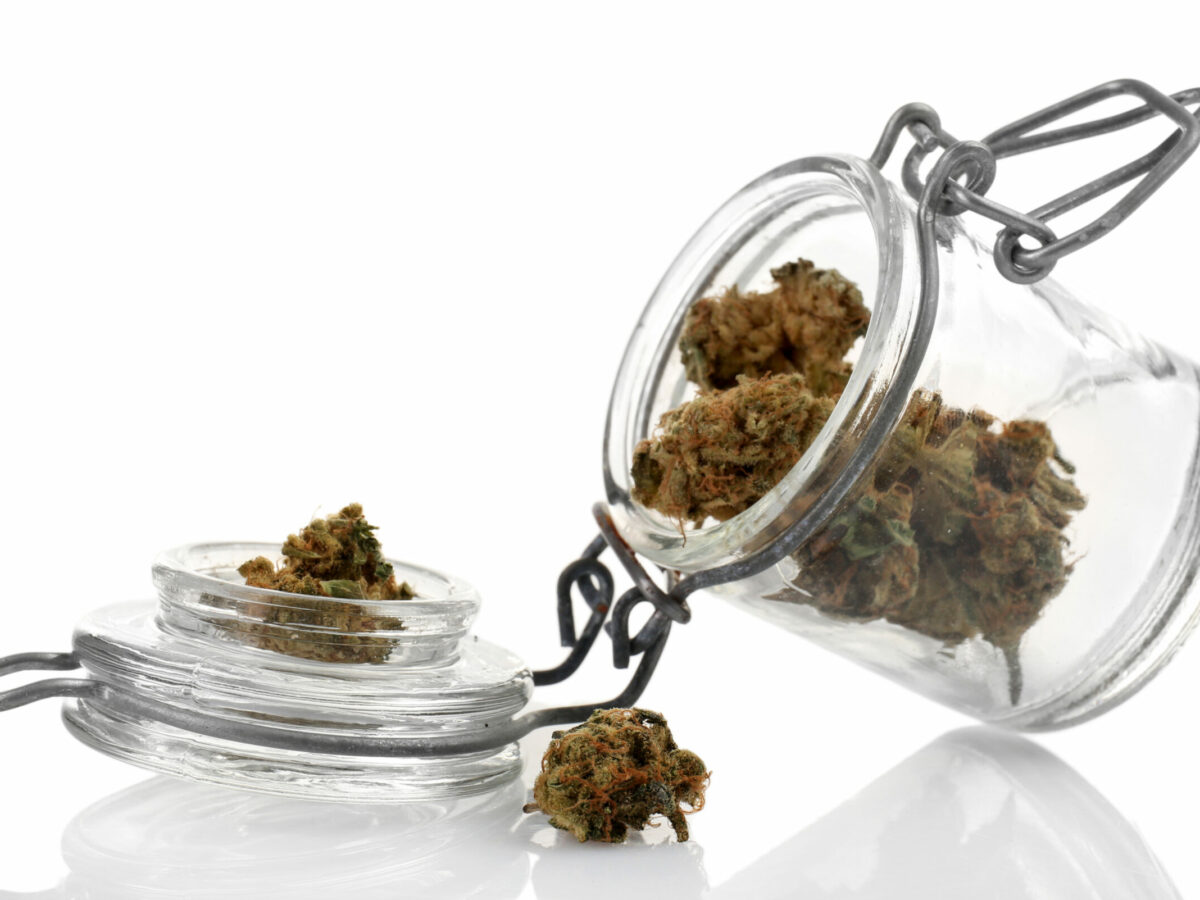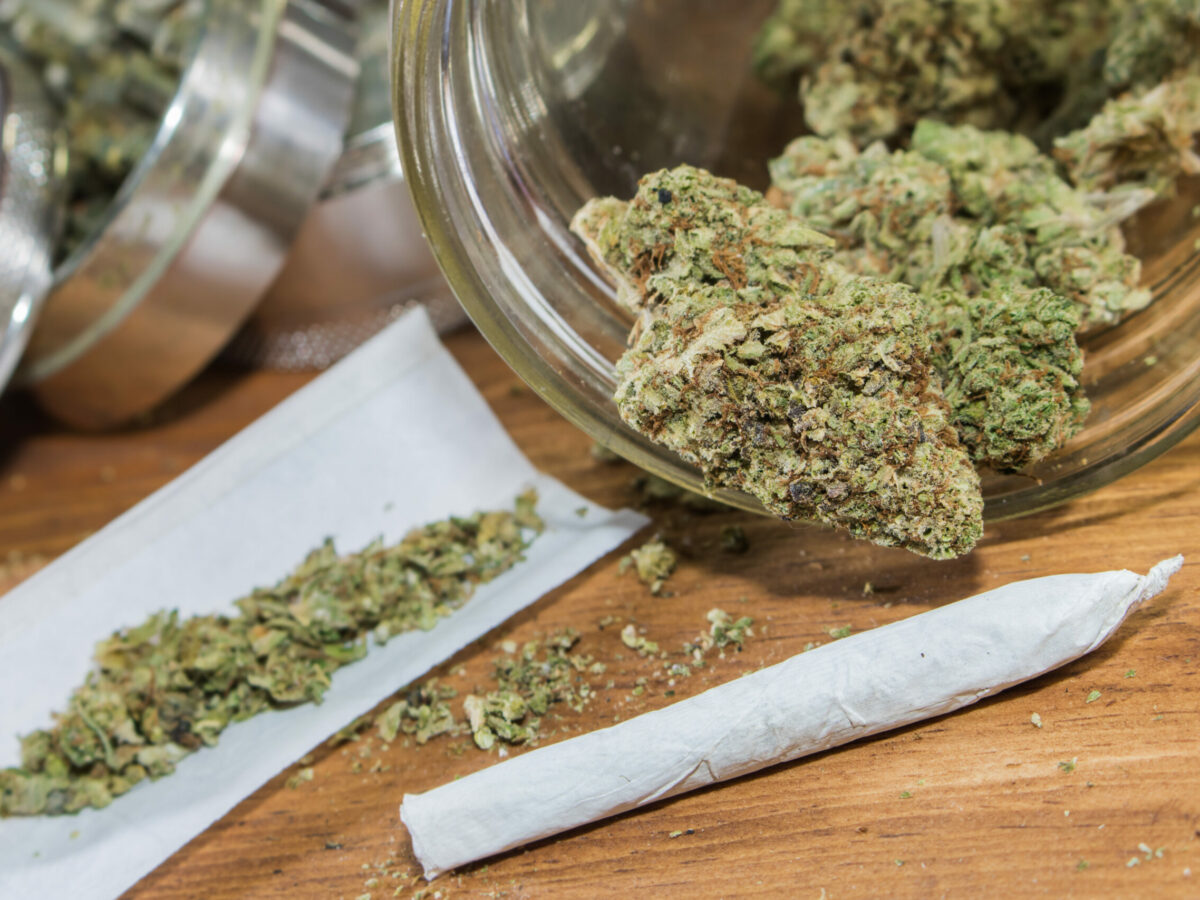Maryland voters will get to vote on cannabis legalization in the upcoming general election this fall after a pair of decisive votes by the House of Delegates late last week.
After months of public testimony on numerous legalization bills, as well as debate and behind-the-scenes negotiations among Democratic leaders in the General Assembly, the House on Friday passed two measures to put adult-use legalization on the ballot and to create a basic framework for its implementation.
The referendum bill, HB 1, was approved in a 94-39 vote Friday and does not require approval from Republican Gov. Larry Hogan, meaning it will automatically put the question up to voters on Nov. 8. If passed, adults age 21 and older would be legally allowed to possess weed starting July 2023.
A separate framework bill, HB 837, was sent to Hogan. It would legalize possession of up to 1.5 ounces of cannabis and growing of up to two plants per household, along with replacing criminal penalties for small quantities of weed with a $250 fine.
Criminal records for prior cannabis offenses would be automatically expunged, and people currently serving time in prison for such offenses would be eligible for resentencing or could petition for release.
Lawmakers lauded the bills’ passage as a momentous occasion.
“The Legislature is focused to get this right and we have more work to do – but this is a huge step forward on our journey to legalize cannabis in Maryland,” said Del. Luke Clippinger (D-Baltimore), who sponsored both bills and steered the House’s legislative push to legalize this session, in a statement on Twitter,
Maryland did not set rules for retail sales, licenses, taxation or anything resembling a recreational industry framework this session, which wraps up April 11. While some lawmakers, including Sens. Brian Feldman (D-Montgomery County) and Jill Carter (D-Baltimore City), proposed such regulations in their own bills, the General Assembly opted to punt on those matters until the 2023 legislative session.
Carter had also proposed more progressive and reparative measures, like scrapping penalties for possession with intent to distribute — still a crime under HB 837 — and a ban on police searches based on the smell of weed alone.
Clippinger’s bill does include funding to help minority cannabis entrepreneurs via a newly created Cannabis Business Assistance Fund, though Carter had called for more, including allocating more than half of tax revenues to communities most harmed by the War on Drugs and implementing legalization on July 1 to prevent further cannabis arrests over the following year.
Her bill received praise in committee but never advanced to a floor vote this session.
“Legalizing cannabis without addressing the centuries of injustice committed against black and brown communities concedes to exploitation and perpetuates systemic racism,” Carter tweeted late last week. “Passing empty policy to secure an electoral victory will adversely impact the most vulnerable communities.”
Feldman’s proposal, SB 833, made it further along in the legislative process, passing in the Senate in a 29-17 vote. It was heavily amended, however, with much of its language stripped out and substituted to match Clippinger’s legislation. Feldman said on the Senate floor Friday that he felt the language approved in HB 837 is ultimately “a good, balanced and modest approach,” per Marijuana Moment.
It’s unclear whether Hogan, Maryland’s outgoing two-term governor, plans to sign the framework bill. He could also veto it outright — which the Democrat-controlled General Assembly could then undo with a three-fifths majority veto override vote — or allow it to take effect without his signature after 30 days.
Polling suggests it’s highly likely Marylanders will approve the ballot referendum this fall. The most recent poll by Goucher College’s Sarah T. Hughes Center for Politics, released in March, found 62% of adults support legalization while 34% are opposed.
Eighteen states — including nearby Virginia and New Jersey — plus the District of Columbia have legalized adult use and possession of cannabis. At the federal level, the U.S. House of Representatives on Friday voted to approve a bill to legalize and tax cannabis nationwide, though the chances of approval with a 60-vote margin in the evenly divided Senate are low.



